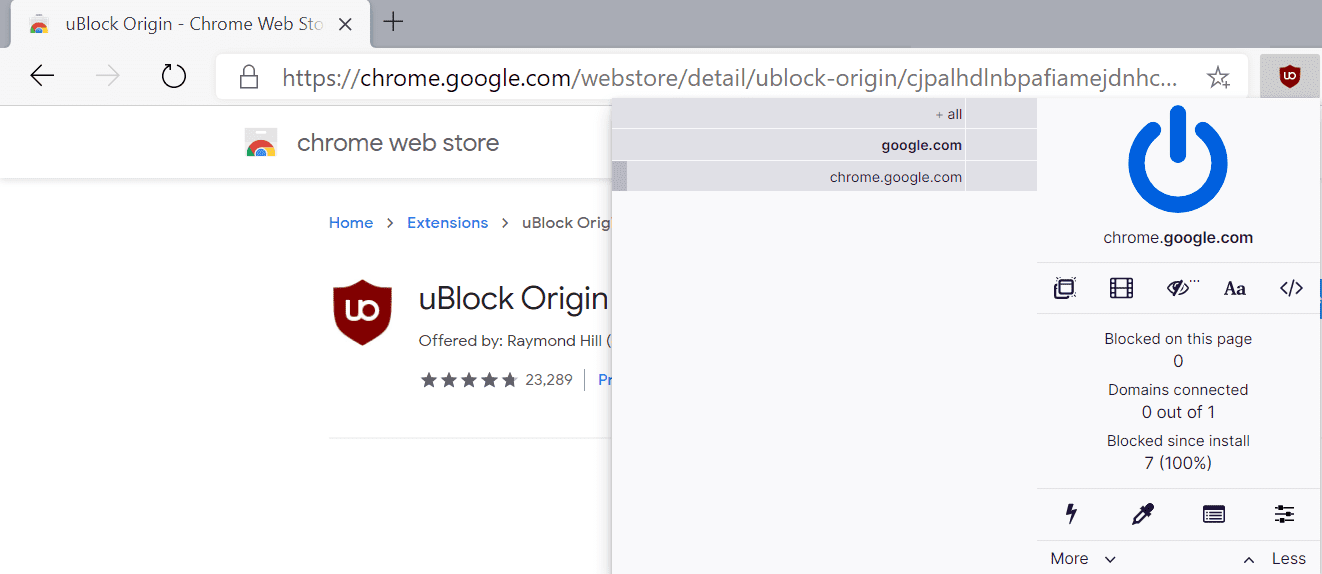
Ads that appear on websites may ruin experience. But when it comes to the web, ads are the lubes that keep free information flowing.
Google had a controversial plan surrounding its decision to modify the Chrome browser in such a way that could eventually killed ad blockers and many other extensions.
This was proposed with the 'Manifest V3', a standard for developing Chrome extensions that Google announced back in October 2018.
And this time, Microsoft’s Edge browser has confirmed that it is bringing the controversial change that is already being implemented in Chrome.
What this means, the move would cause some ad blockers to break on the Edge browser.
Manifest V3 is intended to improve security and privacy by protecting users of the Chromium browser engine that both Edge and Chrome are based on from malicious extensions. It does this through a change in the permissions system involving the webRequest API.
But it's also through this that some privacy-focused extensions, such as ad blockers that use the API, may stop working.
This is why Manifest V3 is never popular.
After Google faced criticism from privacy advocates for the change, other Chromium-based browsers such as Brave, Opera and Vivaldi said they are defying Chromium's move by not implementing it.
And this time, after Microsoft confirmed that its Edge web browser is using Manifest V3, high profile extension creators such as Raymond Hill, known for his work on uBlock Origin, stated that extensions like his would no longer work, and he saw this when the change landed on Chrome.
The new API had a limit of 30,000 rules whereas popular filter lists had 70,000 rules or more. But users can combine multiple filter lists and this could raise the limit much higher. Google raised the limit to 150,000 in mid-2019 as a consequence.
However, Microsoft argues on its blog post, saying that extensions such as ad blockers would still work.

“We recognize the value of content blocking extensions and appreciate the role they play in honoring user’s choice by blocking advertisements and enhancing privacy by blocking cookies and we want developers to continue to offer these capabilities.”
"After an extensive review of the concerns raised by content blockers and the community, we believe that a majority of those concerns have been resolved or will be resolved before Web Request API is deprecated."
What this means for privacy-focused users who despise ads, they may as well use Opera, Brave or Vivaldi as the alternatives. These browsers are Chromium-based, meaning that extensions that work on Chrome, should be compatible with those browsers too.
Another alternative, is using Mozilla's Firefox web browser.
For users who like customization and are technically capable, they can deal with ads at a network-level rather than using a browser extension.
This approach should be more effective, simply because through DNS, the method can block ads and other trackers on any device connected to that network.